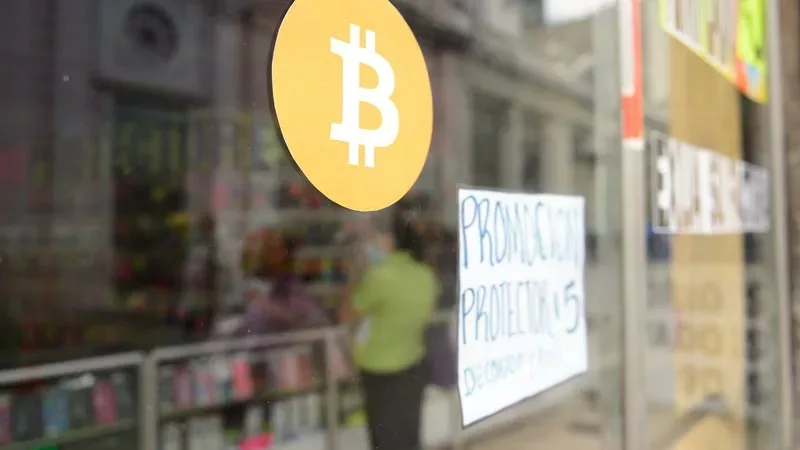The refusal was based on two points: after a reform in BANDESAL’s Law dated June 2020, information regarding the Bank’s funds or trusts is considered reserved information; and then it points out that Art. 6 of the Law of Access to Public Information (LAIP) defines confidential information as “that private information in possession of the State, whose public access is prohibited by constitutional or legal mandate, due to a legally protected personal interest”.
In view of this, ALAC argues that the mentioned reform of BANDESAL Law “cannot be applied to the detriment of a fundamental right, such as the right to public information. On the same topic, entities that participated in the creation of the trust fund called FIDEBITCOIN are the State and Government of El Salvador, who act as trustor and trustee. Therefore, “it is a trust fund of public nature” and, therefore, the general population should have access to information about its management, costs, etc., to decide whether or not to invest in Bitcoin, or what position to take before the crypto-asset.
Gobierno continúa negándose a entregar información sobre Bitcoin
La negativa se basó en dos puntos: tras una reforma en la Ley de BANDESAL de fecha junio 2020, se considera la información referente a los fondos o fideicomisos del Banco como información reservada; y luego señala que el Art. 6 de la Ley de Acceso a la Información Pública (LAIP) define como información confidencial “aquella información privada en poder del Estado, cuyo acceso público se prohíbe por mandato constitucional o legal, en razón de un interés personal jurídicamente protegido”.
Ante esto, ALAC argumenta que la mencionada reforma de la Ley de BANDESAL “no puede aplicarse en detrimento a derecho fundamental, como lo es el derecho a la información pública. Por otro lado, los entes que participaron en la conformación del fideicomiso llamado FIDEBITCOIN son el Estado y Gobierno de El Salvador, quien actúa tanto como fideicomitente, fiduciario y fideicomisario. Por tanto, “es un fideicomiso de naturaleza pública” y, por ello, la población en general debe tener acceso a la información sobre su manejo, costos, etc., para decidir si invierte o no en Bitcoin, o qué postura tomar ante el criptoactivo.

